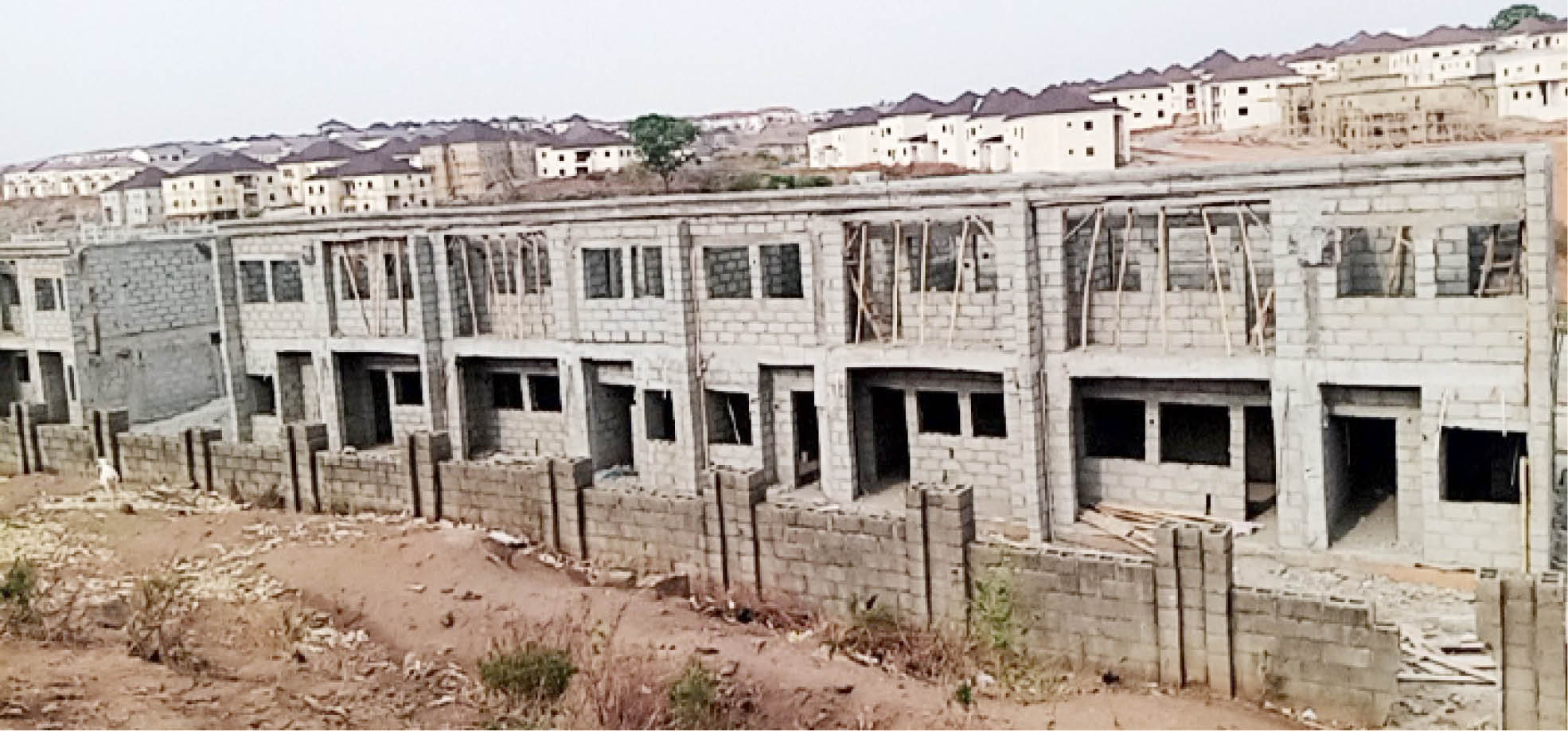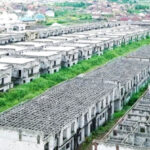Experts have advocated the need to evolve an effective cost management system in infrastructure project delivery to get the best value for money.
In construction, cost management implies activities associated with cost estimation and control which provide economic justification for project expenditure and for planning the funding.
Amid the widespread infrastructure deficit in Nigeria and declining government revenue, experts say adopting standard cost management system in procurement will block leakages in project conception and implementation.
Experts in the quantity survey sub-sector of the real estate industry converged in Lagos State recently at the 2022 conference of the Nigeria Institute of Quantity Surveyors (NIQS), with the theme: “Infrastructure Cost Management: Contemporary Issues and Emerging Trends”, to deliberate on cost management and its merits.
A construction management scholar, Samuel Ekung, in his presentation titled: “Infrastructure Cost Management: Overview, Trend and Future Direction”, noted that Nigeria faced social and economic problems due to the dearth of adequate modern infrastructure.
However, he said the gap could be breached through effective utilisation of scarce resources which cost management was all about.
He said, “The cost plan provides a more detailed estimate based on the functional unit of the project (elements). The elemental cost plan is cost checked against the predetermined cost limit, and where required, comparative cost estimate of alternative designs is prepared.
“Analytical estimating is further prepared to determine the pre-tender estimate used as criteria for bid selection during the tendering.
“Post-contract, emphasis shifts to cost control, that is, ensuring project expenditures are within budget and pre-agreed cost framework.”
In his presentation on “Value Management: A Tool for Sustainable Infrastructure Cost Management”, a researcher on sustainable infrastructure management, Ayodeji Oke, called for Sustainable Value Management (SVM) in achieving cost management in building construction.
He highlighted the benefits of adopting value management to include minimising the use and consumption of resources, especially raw materials such as water and energy, during construction; minimising the use and consumption of resources during the project usage; and reducing the use and consumption of resources during the conversion and re-use phase.
He added that value management would also minimise the use and consumption of resources after the expiration of lifespan, “That is at demolition stage; maximise the use of recyclable, renewable and re-usable resources and minimise environmental pollution and degradation.
“There is a need for a positive contribution of effective and efficient ideas from project team members, especially the designers and project manager.
“The right mix of team members should be ensured for sustainable value management. Whole-life costing of the existing project proposal should be established before the commencement of sustainable value management study.”
He further said the principle of lean construction should be adopted while other construction management principles and techniques should be incorporated where necessary for effective and efficient sustainable value management.

 Join Daily Trust WhatsApp Community For Quick Access To News and Happenings Around You.
Join Daily Trust WhatsApp Community For Quick Access To News and Happenings Around You.


